“… it is the very illusion of self that hides the Tao …” ~ Trevor Rufli
Our own life is the only worthwhile “canvas” on which to “explore or experiment with the painting” of our True Nature …. or the truth of our existence … as Thich Nhat Hanh reminds us: “Our own lives are the instruments with which we experiment with truth.”
Questions like “… Is there some meaning or some purpose to our existence, a higher order or a God of some sort? …” begin many such experiments … and psychologist Trevor Rufli opens the Introduction of his recent book Zen to reveal the extraordinary Tao with this question.
Over the course of ~3 decades his “experiments” led him to Zen Buddhism and “writings on the Tao” that “… turned everything on its head for me and set everything in the opposite direction to where I had been looking …” … such that with the question “… Is there more to life than just this? …” he is tempted to answer “… Yes, there is, I promise, I have found something, it is real. …” … but he also goes on to say:
“… it is wiser not to be persuaded of this by someone else; only believe what you find for yourself. …”
This finding for yourself – or direct experience – is the intriguing trigger to explore Trevor’s work … as is underscored in the concluding paragraph of his Introduction:
“… What I offer in this book are pointers to sparks of knowing, profound insights that go beyond the intellectual level. If we need a term for how this book works it is similar to the Zen method of ‘direct pointing’ where you are ‘pointed’ towards the heart of the matter. And when you are you may be brought to a deep spiritual awareness of something extraordinary. The awareness is potentially one of connection, belonging, joy, excitement, peace and perhaps, most of all, freedom. And one spark of knowing is all you need …”
This post is part 1 of a multi-part series offering a substantive preview of Zen to reveal the extraordinary Tao via chapters excerpts … and in this post Trevor addresses the practical matter of separateness or more accurately the illusion of separateness and why we can’t see through it … and as we all know, this topic is encountered by most, if not every, seeker …
{All italicized text in this post (except Thich Nhat Hanh’s quote above) is from Trevor’s book and is published here with the publisher New Sarum Press’ generous permission. Scroll to the bottom for a free downloadable Table of Contents.}
For the foreseeable future majority of our posts will be shorter than usual …. this one being an exception …
Why we can’t see it?
So why can’t you see through the illusion? To understand this, consider the desert mirage again.The mirage is real, so illusory or not, it is real in our experience. However, when we look closer there is nothing there. Similarly, the mirage of self is real, so illusory or not, it is real and of course central and fundamental to our experiencing (at our current level of consciousness).
Now here is the tricky bit. Can we say: When we look closer there is nothing there? No, we can’t really say that. And this is the problem, for the mirage would be looking at the mirage! We can’t see into the illusion of ourselves for the illusion is also the looker and we can’t get away from that. No matter how hard you try to see it, no matter how much you twist and turn in your mind, your position of duality (of two) always contains a sense of I-ness. As the Zenrin poem states, we are:
Like a sword that cuts but cannot cut itself,
Like an eye that sees but cannot see itself.
R.H. Blyth, Haiku
We cannot look into our source for we are the source of our very looking. For now let us consider some of the contradictions that having a sense of self gives.
Illusion of separateness
As you read this sentence you are aware of both the sentence and of yourself reading it at the same time. You are aware of a stream of experience that contains the words you are reading and any other thoughts you may be having. There is the you observing this stream of experience and you can think: I am reading such and such. And this is our position of duality, there is I on the one hand and the experience of what is being read on the other.
Now, consider where is the experience of you in all this? Is it the case that there are two streams of experience flowing through your awareness, one the awareness of yourself, and the other, the words you are reading. But then for you to be aware of these two streams of experience there would have to be a third stream of awareness, and so on. No, the answer is that there is only one stream of experience in your awareness. There is no separate you observing it. The experience of yourself reading these words is part of the same stream of experience that contains the words. There are not two streams of experience.
You are not separate from the experience. You cannot experience yourself reading and the words that are being read at the same time. It seems as though you can but what actually happens is that, in order to be aware of the experience of yourself reading, you must momentarily stop reading, and in that moment you have the experience of the thought or image of yourself reading. (Again, I want to thank Alan Watts in his book The Wisdom of Insecurity for his insights here).
This example does not just apply to reading. It applies to all of our inner experience. Our experience of I-ness is in the stream of all our experience.
We are never separate from it. We are fooled into thinking it because of the speed of our thought processes and their interaction with memory. Our experience of I-ness is a thought that is no different to any other thoughts that we have. Within our mind there is only one stream of experience. There are not two, there is only one.
Consider the witness exercise again. We noted in Chapter 2 that if you did manage to achieve the witnessing perspective it was only for a moment. It is not possible to maintain a sense of I-ness as separate from your experience because again, there is no I separate from your experience. It is all within the same stream of experience.
The reason witnessing can give a sense of separation is that, by saying to yourself you are not the contents of your awareness, you are not this not that, you experience a purer sense of self, detached from the contents it is usually infused with. But it is still just a thought within one stream of awareness, not as separate.
So really there is no-one sitting in the audience watching the show, there is only the screen of awareness containing various thoughts and experiences that you are having. Any experience you have of you witnessing what’s on the screen is on the screen also. There is no audience, there is only the screen. There is no separate witness!
We are faced with our inner contradiction of self every time we use the word ‘I’. When we are thinking or feeling something, we experience that ‘I am thinking such and such’ or ‘I am feeling such and such’. In order to be aware of this we have to be in a witness position, but who is witnessing the witness of our experience? How does the self feel the feeling, how does the self think the thinking? So again, for this to make sense there has to be a witness of the witness and then a third, ad infinitum. It makes no sense. It makes no sense because there is only the thought, the feeling, the knowing, the seeing. There is no separate thinker, no separate one who feels.
Consider also what happens when we make a decision, do we decide to decide to decide ad infinitum. No, there is no self that decides, there is only the decision. Watch yourself next time you get out of bed, did you decide to get up or did you just get up?
I remember when I first read around this subject that I didn’t quite get it, but there was an intuition that something was being pointed at that was significant. My first introduction to the area was The Way of Zen by Alan Watts, one of the earlier books introducing the concepts of Zen Buddhism to the West. This was back in the late 1980s when I was embarking on a career in psychology and I had been reading books on self-development and psychotherapy. This book was different.
Instead of being about the development of self it pointed to the illusion of self. I found the writings obscure, which was not surprising given the nature of the subject matter. However, I had inklings of understanding, little sparks of recognition that there was something being pointed at that was significant. And in these little sparks of recognition there was a sense that here were pointers to a new kind of freedom.
Stay tuned for more … Trevor’s insights from Zen to reveal the extraordinary Tao …
All italicized text above (except otherwise noted) is from Zen to Reveal the Extraordinary Tao and is published here with the publisher New Sarum Press‘ generous permission.
And click here for a FREE downloadable copy of the Table of Contents, graciously and generously made available by the publisher New Sarum Press.
And, may Trevor’s insights … help you … dissolve the illusion of separateness … and …
May you remain safe and healthy.
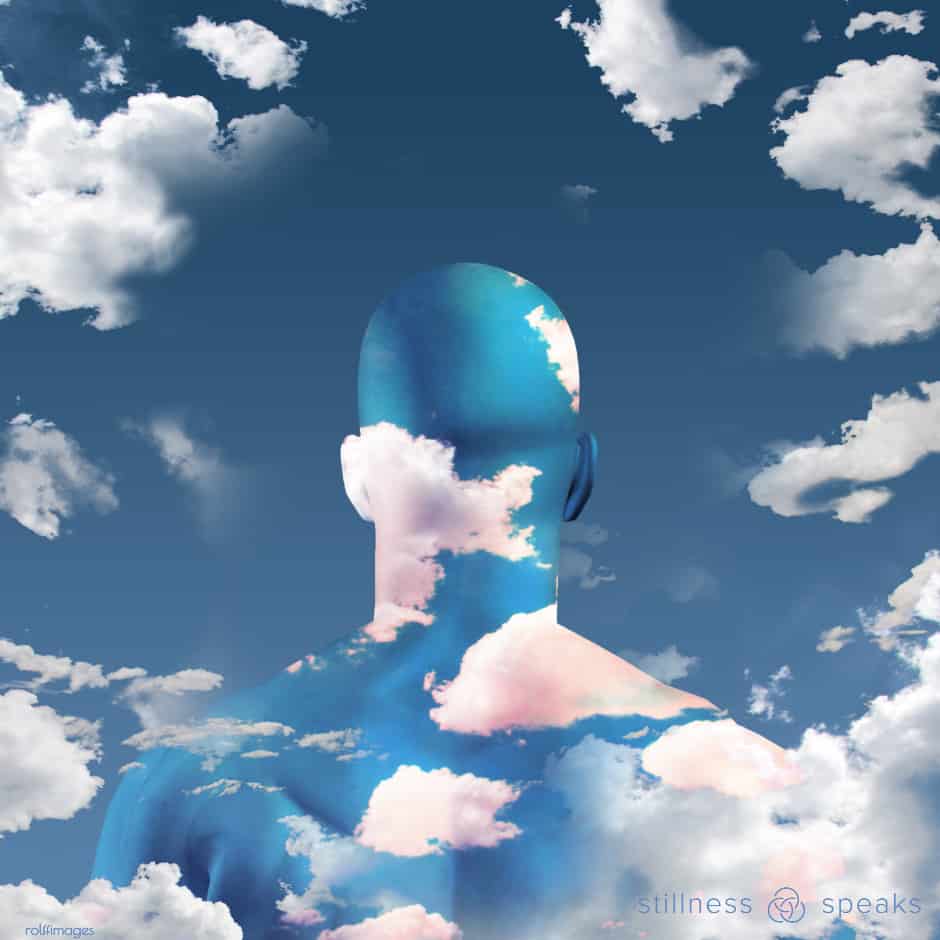
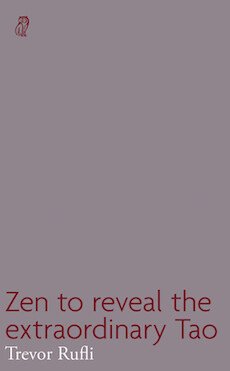
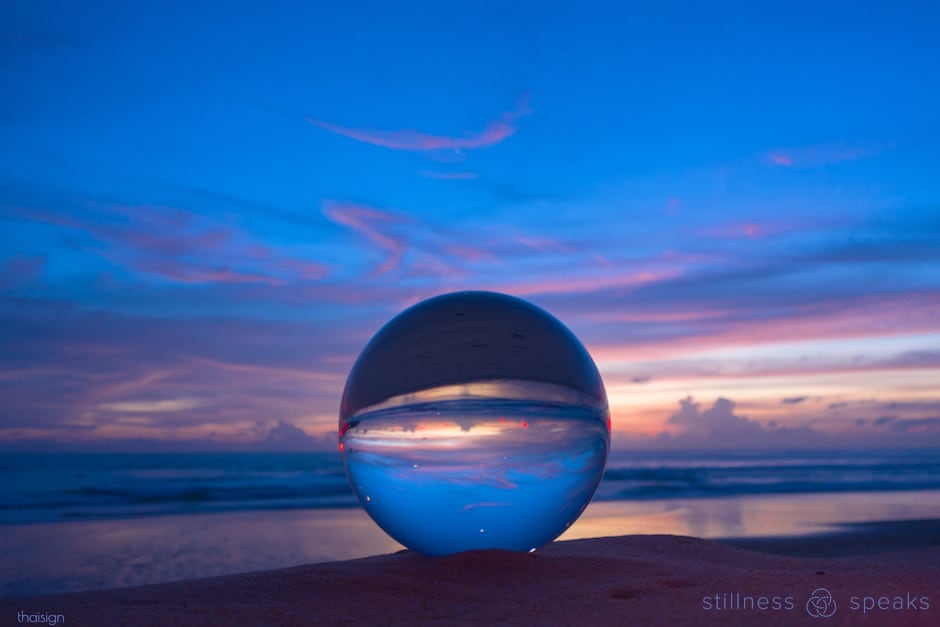

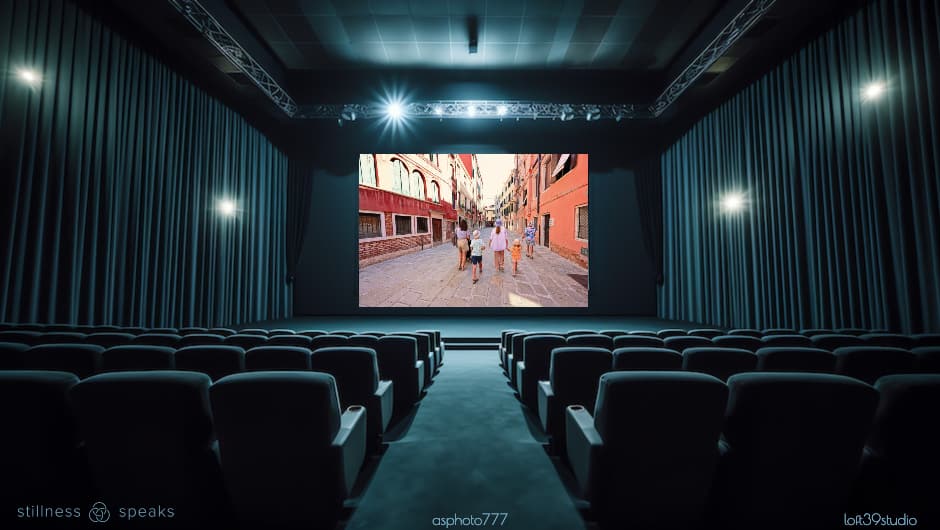





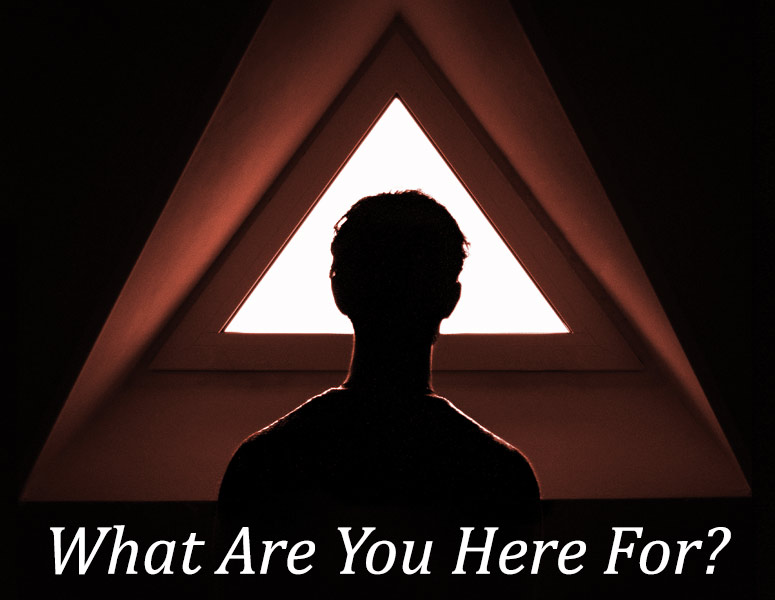
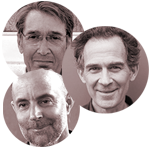
Read Trevor’s book twice already
Lovely piece of work
Clear and precise description of the ‘path there is, but none to walk it’
Indeed it is Niall !
Thanks for stopping by and taking the time to comment.
namaste’
sanjiv